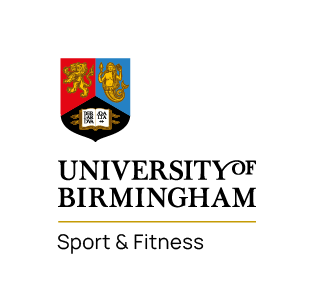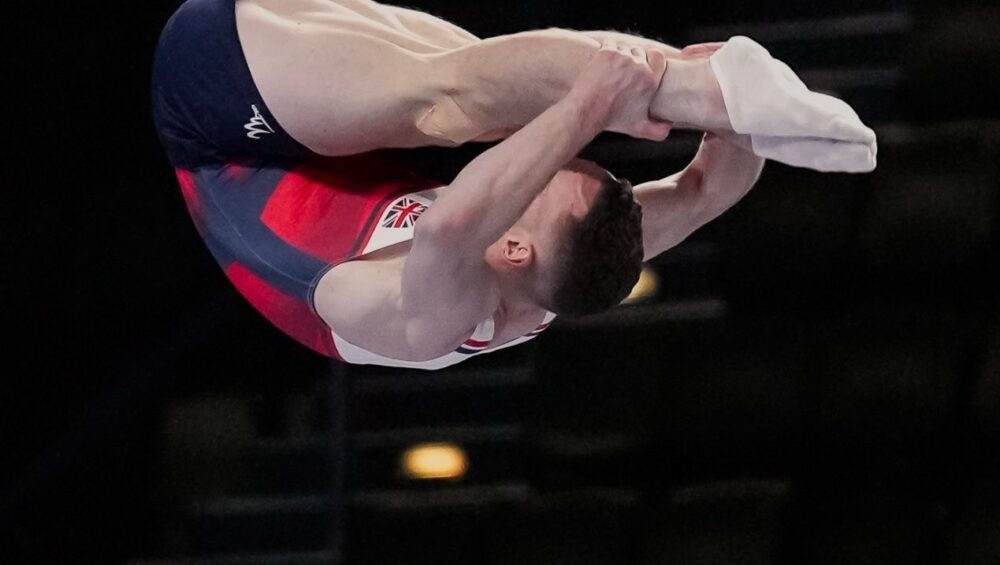Five Minutes With: Andrew Stamp
Biological Sciences student, Elite Sport Scholar, 2023 BUCS Champion and British Gymnastics’ World Class Performance Programme star Andrew Stamp made history at the Trampoline World Championships in 2022, recording the highest-placed finish of a British male in the Olympic era and becoming Team All-Around Champion.
Now, with the 2023 World Championships also under his belt – in which Andrew led the Men’s Trampoline team to a bronze medal, the first in this category since 1992 – and the countdown to Paris 2024 well and truly on, we caught up with Andrew to find out how he manages to balance his University of Birmingham degree alongside elite sport, whilst also keeping his focus on Olympic qualification.
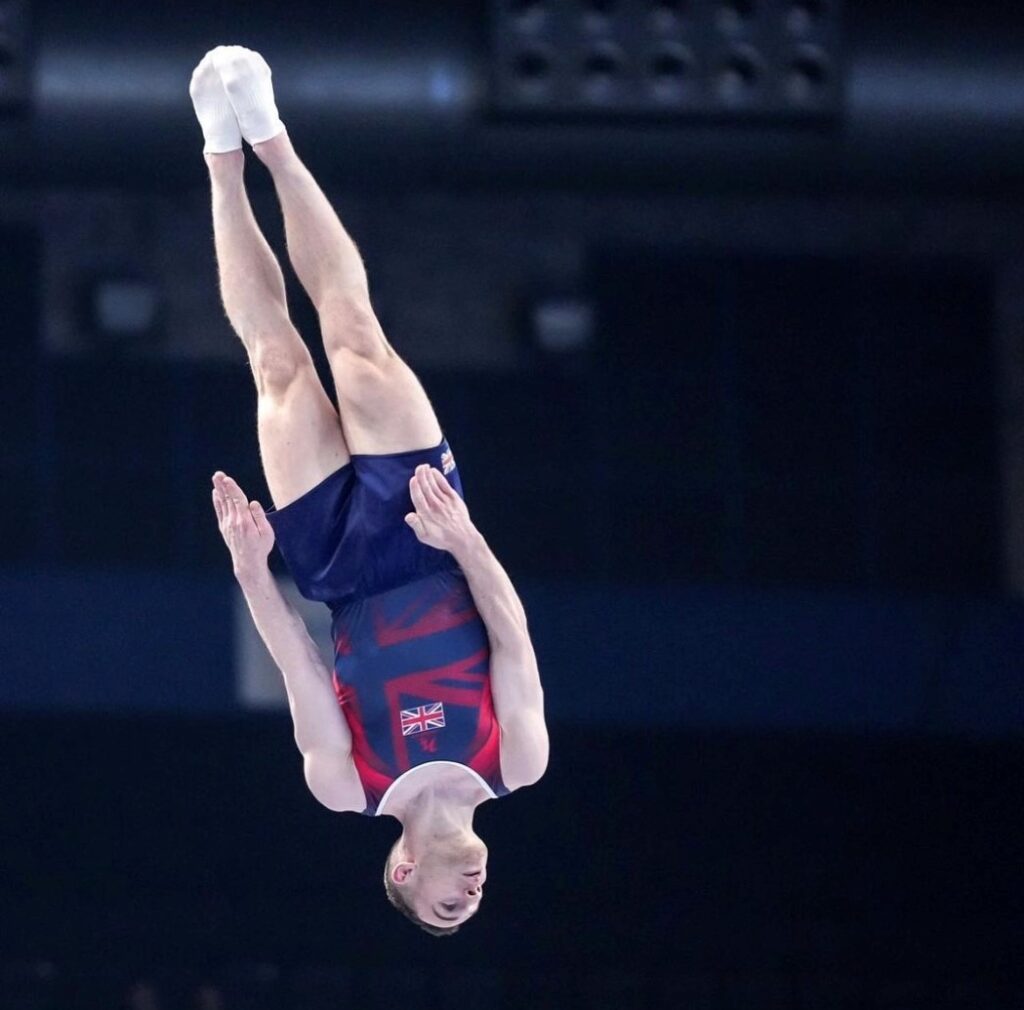
Q: How did you get into Trampoline Gymnastics and what do you enjoy most about it?
I first started gymnastics when I was four or five years old and then transitioned into Trampoline Gymnastics when I was 11. I think my parents always just wanted me to go and burn energy because I was always such a hyper kid, but to me, the best thing about trampolining is the feeling of floating through the air. I’ve never done anything that’s kind of replicated that, or even got close to it.
Q: How do you think being a sport scholar on the EDCAP Elite programme has supported your progression to date?
The EDCAP scholarship has been massively important for me, especially to help me balance my studies and training. It’s allowed me to go part-time with my studies, so that I can focus on training when I need to whilst not sacrificing my degree.
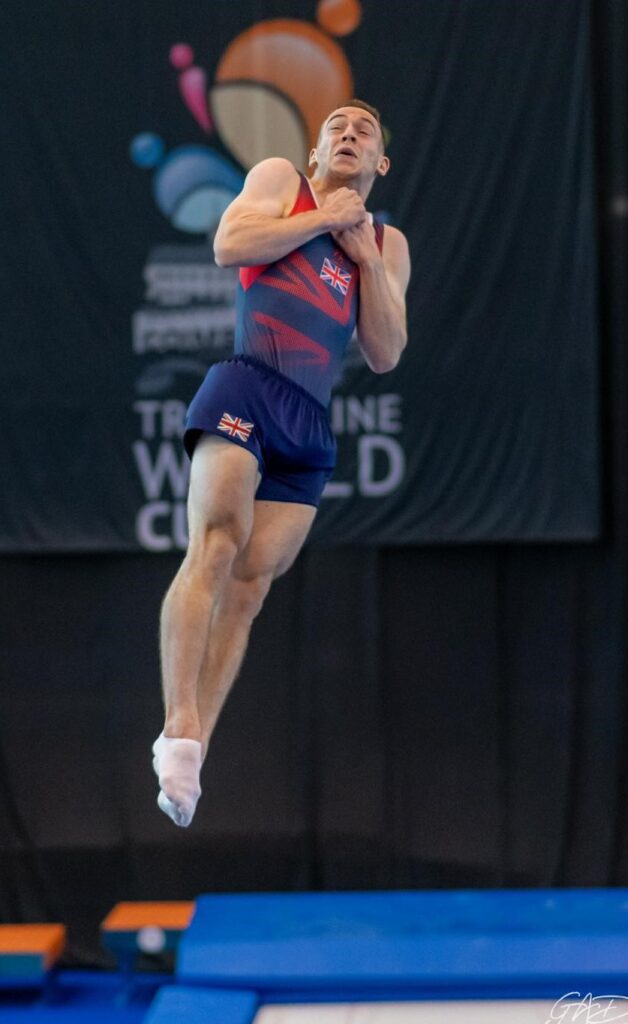
Q: You’re now mid-way through your academic course – how do you find balancing these demands alongside elite sport?
Balancing a degree and training is definitely a challenge, especially with my training not being centralised here in Birmingham. But the Scholarship team has definitely helped me organise my time and organise my skills so that it’s possible. They’ve helped me realise that it really is possible to do both.
Q: What advice would you give to a student-athlete looking to pursue elite sport alongside their academics?
Definitely do it! Although sport is our entire world, it won’t last forever unfortunately so it’s best not to see getting a degree as a plan B or a fall-back. It’s part of the journey and it’s going to set you up well after school and even during school for future careers and development.
Q: What did it mean to win BUCS Individual and Team Gold for UoB last year?
The competition was a really fun competition to do, actually. With it being held in Birmingham just over the road was ideal, and to represent and come away with two gold medals to give back to the University and Performance Sport Department after all they’ve done for me…it was really nice.
Q: What does a typical training week look like for you?
My training is broken down into what we call ‘Jump’ sessions or ‘Tramp’ sessions, which is the time actually spent on the trampoline, practicing and honing the skills. These are supplemented with strength sessions – which work on increasing and improving overall power, so that we can jump higher, perform bigger scales – but also with conditioning, which is more like bodyweight exercises for injury-prevention. Conditioning tends to be focused around core, back, ankles… basically our joints, to make sure that we’re working all the ligaments and making sure they’re robust enough that when we hit a trampoline, we’re going to bounce back up and not just crumble!
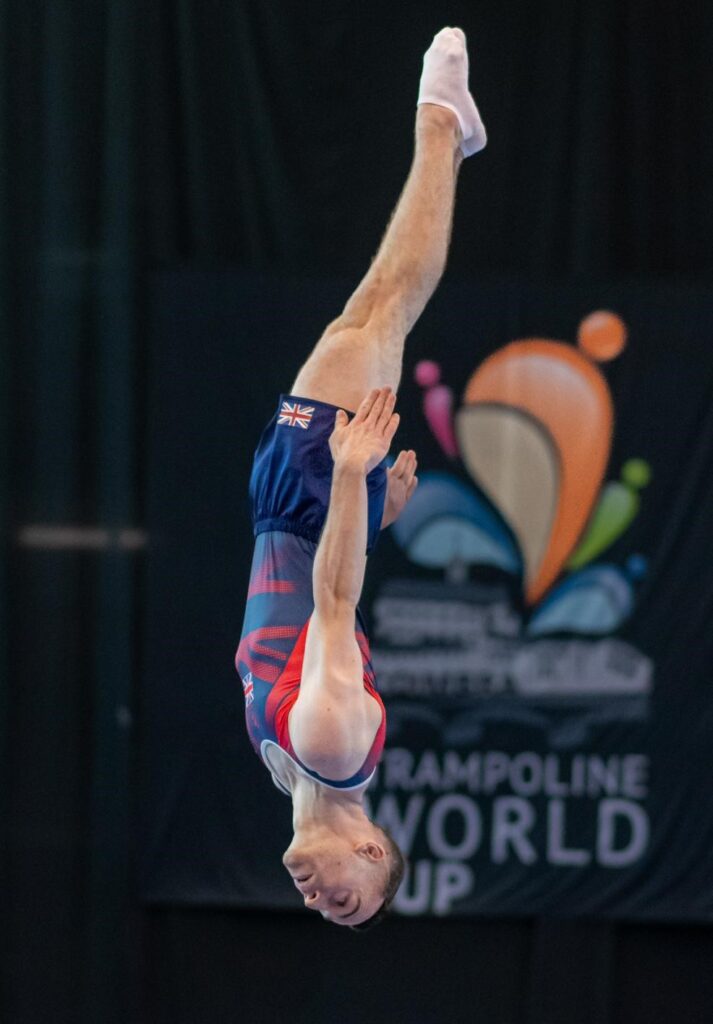
Q: How do you feel your preparation for this year’s World Championships went for you?
My preparation for the World Championships went really well. We spent three weeks with the team at the National Sports Centre in Lilleshall, just practicing, trying to master those 1%’s. This year, we’ve done a lot of international competitions, which I think has helped really prepare me and the rest of the team for the big stages. Like, how to approach competition and how to get the best out of yourself on the day, which I feel really benefitted my preparation for the World Champs.
Q: How do you feel the 2023 World Championships went for you personally?
For me, the World Championships was a bit of a mixed one. I performed some good routines, but unfortunately just not quite at the right time. Ultimately though, if you’re walking away with two Championship medals (Men’s Trampoline Team and the All-Around Team) it definitely can’t be classed as a ‘bad competition’. I’m just taking away some improvements I need to make and some new focuses in training to work on before the next one.
Q: How have the results you achieved during this time inspired/motivated you for this season so far, and your future goals?
So this year, we’ve done a series of three cuts out of five so far, plus the World Championships, which are all a part of the qualification process for the Olympic Games and I’ve ultimately been collecting points and gradually moving up the leaderboard. My achievements and performances to date definitely motivate me to keep pushing for the Olympics – it’s becoming more real…the goal is getting closer and closer. So it’s definitely motivational to have that within reach and to be able to keep pushing for it.
What They Said…
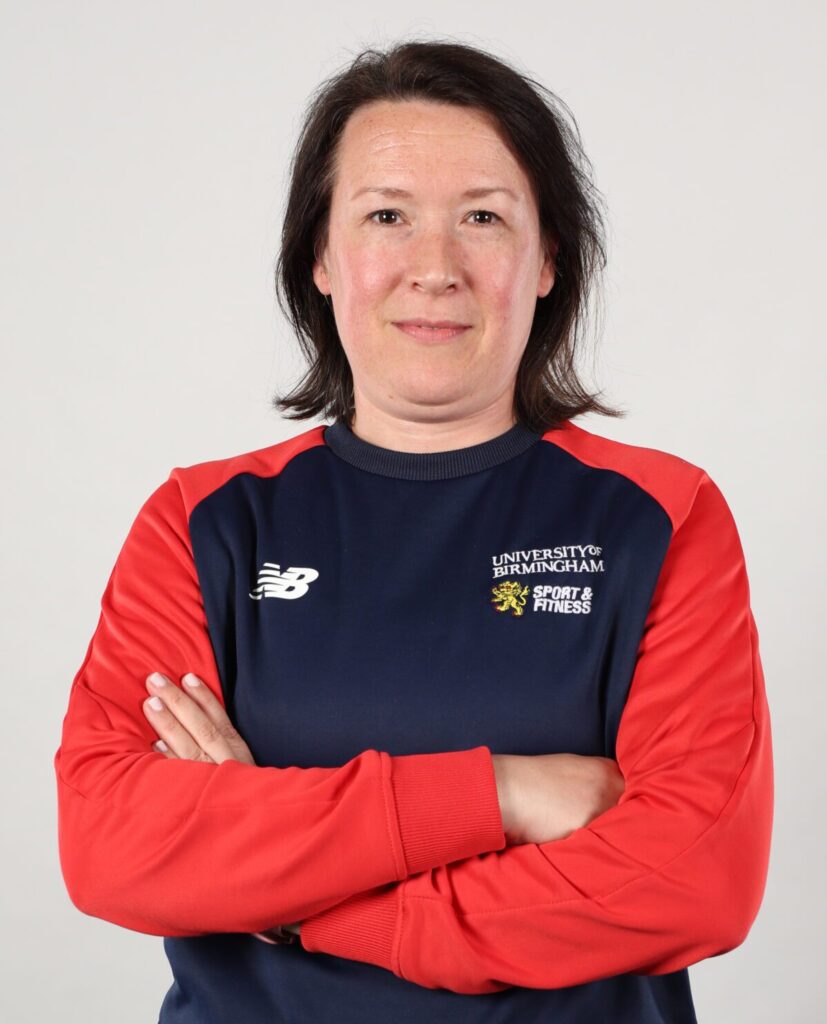
As part of his Elite Dual Career Athlete Pathway (EDCAP) sport scholarship, Andrew works closely with Jo to ensure he is well-equipped to find and manage the balance between his demands, so that he can maximise his potential across all areas, without having to sacrifice one for another.
“The key focus with Andrew is making sure he feels able to achieve his best, both on the trampoline and in his academic course. We have been able to facilitate this by accessing academic flexibility which is available to EDCAP scholars through the Wellbeing Team in his college. More time to complete assessments means Andrew doesn’t need to take valuable time away from training and sleep, but is still able to commit the necessary time to deliver the standard of work he is happy with. Also, being able to ensure no assessments clash with his competitions means he is able to focus on delivering his best performance with no distractions.”
– Joanna Eley, UoB Sport Performance Lifestyle Lead
